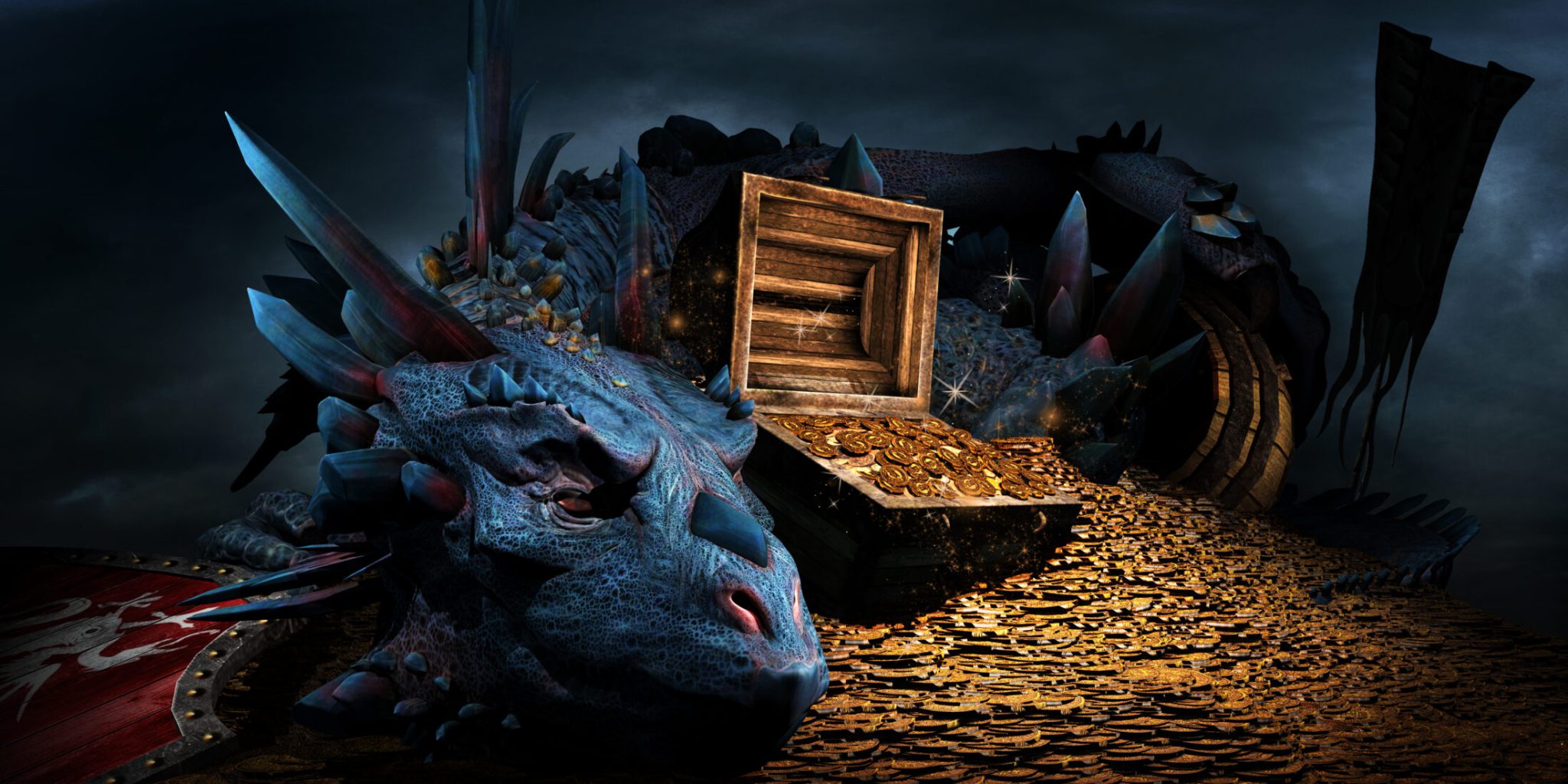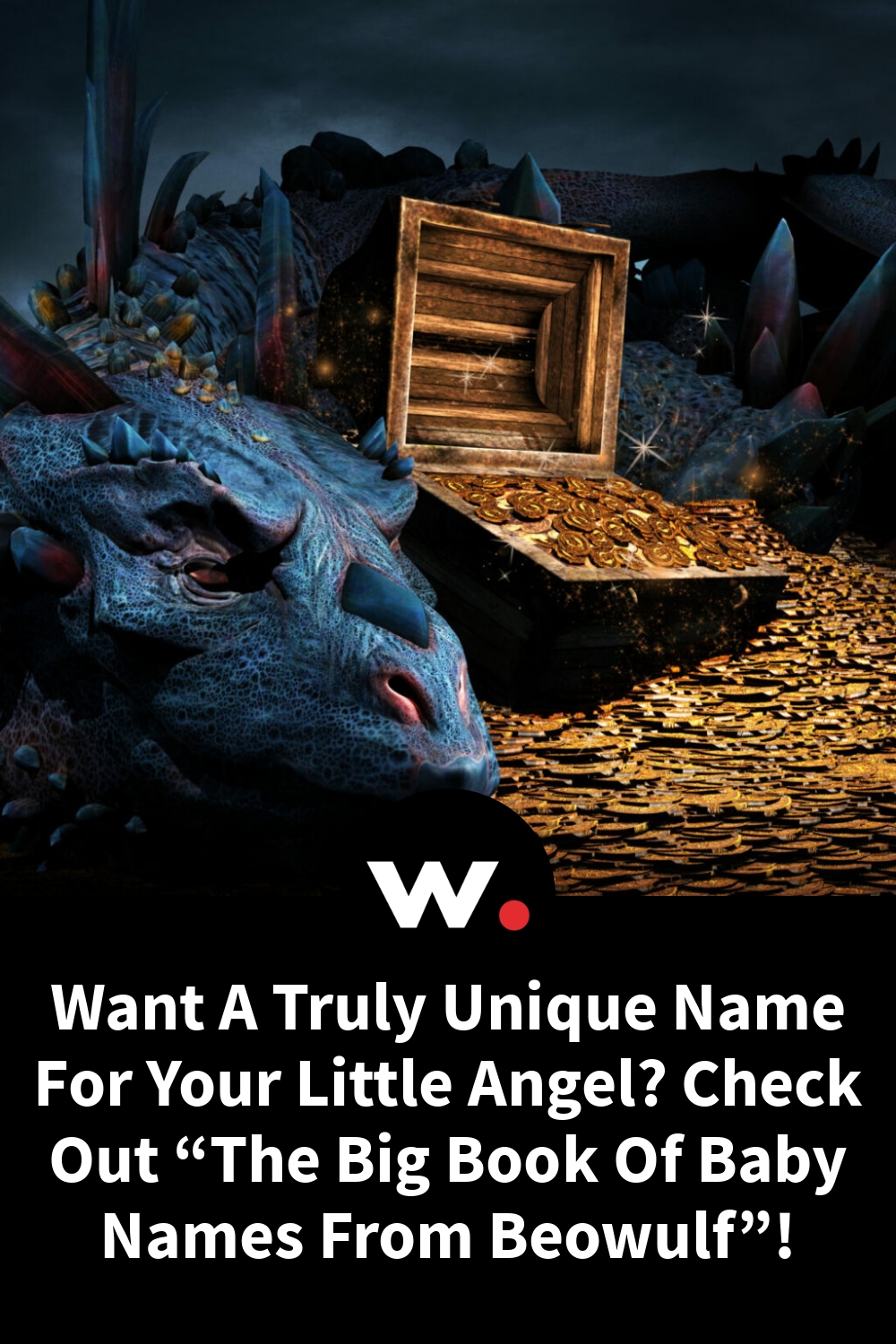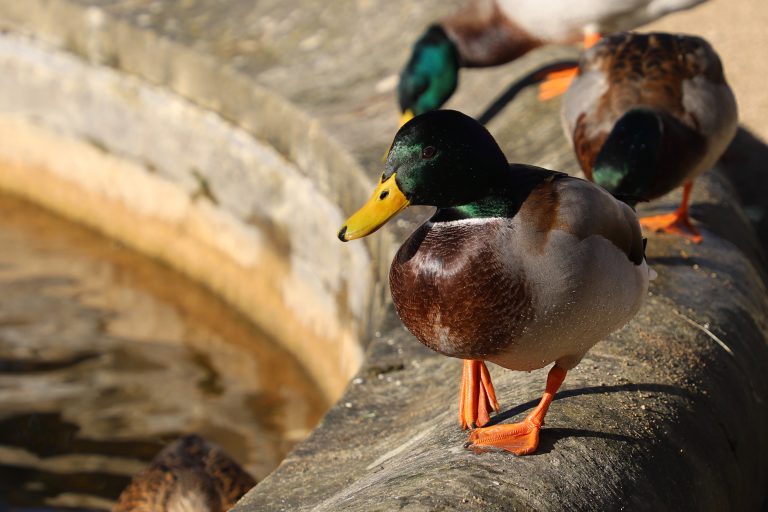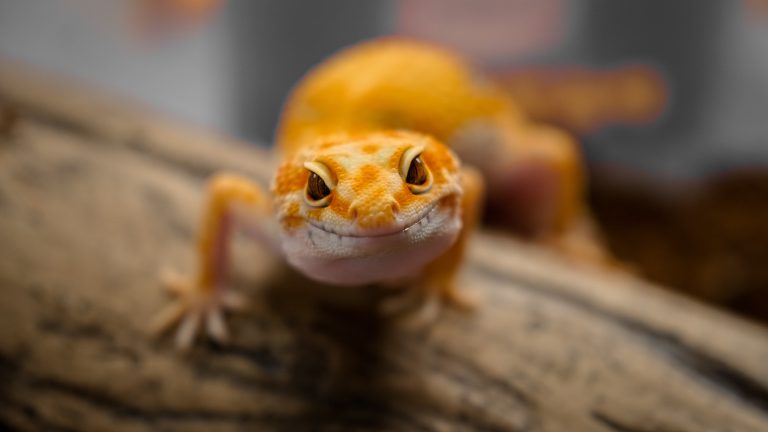Update: Classes no longer require sign-in.

Want A Truly Unique Name For Your Little Angel? Check Out “The Big Book Of Baby Names From Beowulf”!
Choosing a memorable moniker is about building character! And strength! And dragon-slaying, mead-guzzling, ring-giving excellence!
So you’re a parent-to-be. Congratulations! But what about a name? You’re probably scratching your head right now, desperate to find a truly unique epithet before sending your precious youngster out into a world of nearly eight billion other people.
We’re here to tell you that choosing a memorable moniker is about more than helping your scion stand out. It’s about building character! And strength! And dragon-slaying, mead-guzzling, ring-giving excellence! That’s right, toughen up your child early on by picking an appellation from The Big Book of Baby Names from Beowulf (Bloody Fang Press, 2021), inspired by the first age of pestilence, intellectual decline and total barbarity.
* * *
Æshere.
Origin: Oldy, Stilton cheese moldy, English.
Pronunciation: The sound of a sneeze while seated in a chair.
Meaning: He whose sniffle first attracted the attention of Grendel’s mother, who gobbled him up in a single, phlegmy bite.
Pros: How many people in North America start their name with a diphthong?
Cons: In Greenland, however, Æshere will be as common as Inuk (Dick) and Norsaq (Jane).
Beowulf.
Origin: Old English with a dash of Brothers Grimm.
Pronunciation: Bay-O-Wolf. Make it easy on yourself and just say “Be A Wolf”…
Meaning: …Because that’s what it stands for. Crusty old scholars say “Beowulf” translates to “A Wolf to Bees.” But that’s dumb and you know it. Our hero never feared a flying insect! He saved the Danes, Frizzies, and Geats (Gents-with-Teats). He lived and breathed pure wolf. Does this sound like someone who’s scared of a little sting? Yeah, no.
Pros: Comes with an obligation to slay monsters, even if fated to die by dragon venom and be roasted and toasted in a colossal funeral pyre, treasure and honour notwithstanding. Confidence galore, a natural braggart.
Cons: None. Nada. Nāwiht. Why are we still talking about this?
Breca.
Origin: Low German, High Madison Avenue.
Pronunciation: Just like it sounds. Think: Breck brand shampoo with an “a” on the end.
Meaning: Obsessed with hygiene, to the point of losing a swimming match with his buddy Beowulf because he was too anal about getting his freshly washed and Brazilian blown-out hair wet.
Pros: Always clean.
Cons: Always a loser.
Cain.
Origin: Old Testament, the original First Family.
Pronunciation: Rhymes with pain, for obvious reasons.
Meaning: Killer, and the source of his descendant Grendel’s pent-up angst.
Pros: Not a name you ever hear, but talk about breaking the mold. Cain was the very first murderer on Earth and the first brave soul to ever commit fratricide. From a parental perspective, won’t it be fun to say: “We’re raising Cain. Literally.”
Cons: We don’t have to tell you what this might mean if you ever have another child. So stick with one. Or at least give them separate rooms.
Freawaru.
Origin: Saxon.
Pronunciation: Give it your best shot.
Meaning: Lollygagging peace freak. Starry-eyed daughter of King Hrothgar and Queen Wealhþeow who hoped to unite two warring tribes through marriage but ended up getting dumped, just as Beowulf predicted. Love hurts; what else is new?
Pros: A Saxon name that actually contains vowels. Also, your child might be a little cynical about love but that’s a good thing.
Cons: Zippo.
Grendel.
Origin: Old Norse.
Pronunciation: Sounds like Kendall, but way better.
Meaning: Foe of mankind. A bloodthirsty demon who hates the sounds of partying.
Pros: Your child will likely not be bullied, and if they do perish in a brawl it will only be after they’ve eaten ten years’ worth of wastrels asleep in a mead hall, making the world a much better place.
Cons: This name risks being trendy, especially if the fam gets a reality show such as Keeping Up with the Grendels.
Grendel’s Mother.
Origin: Old Swamp.
Pronunciation: Since she comes from mud, you can say it like “Grendel’s Mudder.”
Meaning: Wandering death sprite and sin-flecked being.
Pros: Sounds like the name of a rock band, as in “Have you ever heard Grendel’s Mother perform live?”
Cons: Should a child’s name sound like a rock band? And relatedly, is it true people are naming their kids Journey now? Yikes.
Hrothgar.
Origin: Old Falling-Off-the-High-Horse German.
Pronunciation: Just like a hacking cough.
Meaning: Famous with the spear. King of the Danes. But since Hrothgar doesn’t wield a literal spear in Beowulf and spends most of his time on Queen Wealhþeow’s couch, you know what this means.
Pros: Like his namesake, your brat will be smart enough to dragoon vainglorious soldiers into fighting battles for them.
Cons: They will have more heirs and more hacking coughs than they can reasonably support.
Swerting.
Origin: Norse and Coarse.
Pronunciation: Exactly as it’s spelled, like a combination of ‘swearing’ and ‘farting.’
Meaning: Someone who can both swear and fart at the same time.
Pros: If your child learns to “swert” too, they will be the most popular kid at school…
Cons: …Until they reach adulthood, at which time they will turn into a buffoon.
Unferth.
Origin: Obscure.
Pronunciation: Rhymes with “hump earth,” as in “take a dirt nap already.”
Meaning: Passive-aggressive thegn (another word for “thug”) who owned a sword he was too cowardly to employ, only to loan it to Beowulf who was too strong to brandish it.
Pros: None.
Cons: You will not be able to afford the therapy a child of this name may require. You have been warned.
Wiglaf.
Origin: High French, circa Louis XIII.
Pronunciation: It’s just fun to say this word any way it comes out.
Meaning: Similar to how it sounds: “Wig” and “laugh” because Wiglaf always sported a funny “wig”, even while fighting, causing all who saw him to “laugh”. Now that takes both skill and finesse! This is the kinsman who delivered the coup de grâce to the dragon that killed Beowulf, but conveniently, after all the danger had passed. And like any good sycophant, because he happened to be by Beowulf’s side at the end, Wiglaf inherited the kingdom and most of the treasure. This was the one time he removed his wig in mourning; though his friends couldn’t help laughing all the same.
Pros: You’d be proud to have Beowulf as a son but far happier to have Wiglaf because he could support you through infirmity and Beowulf is dead.
Cons: Sounds like the name of a cheap wine, but this is a minor matter. Plus, be prepared for above-average wig bills
Author’s Pick
The Amy Vanderbilt Complete Book of Etiquette is the funniest book I have ever read. Period.



